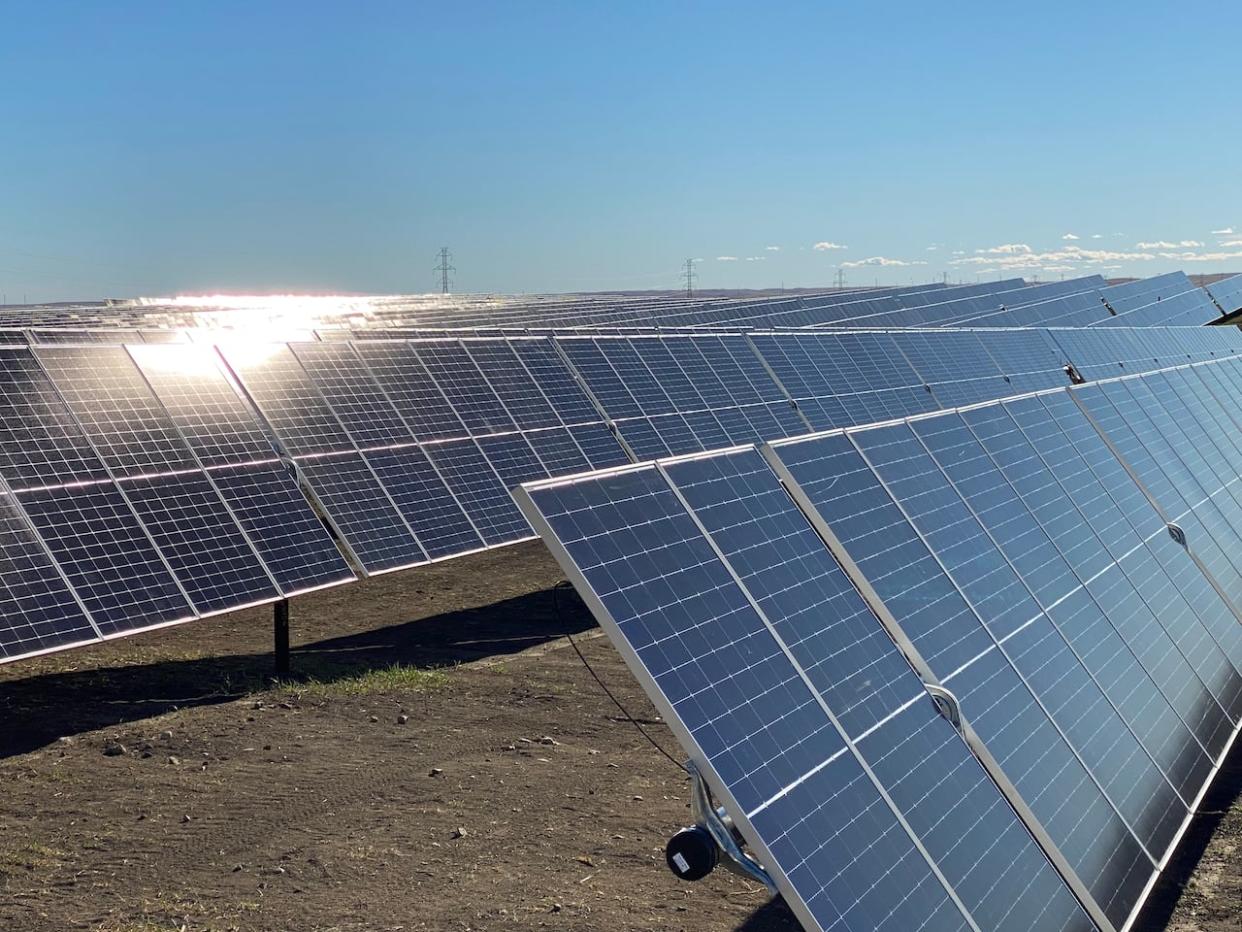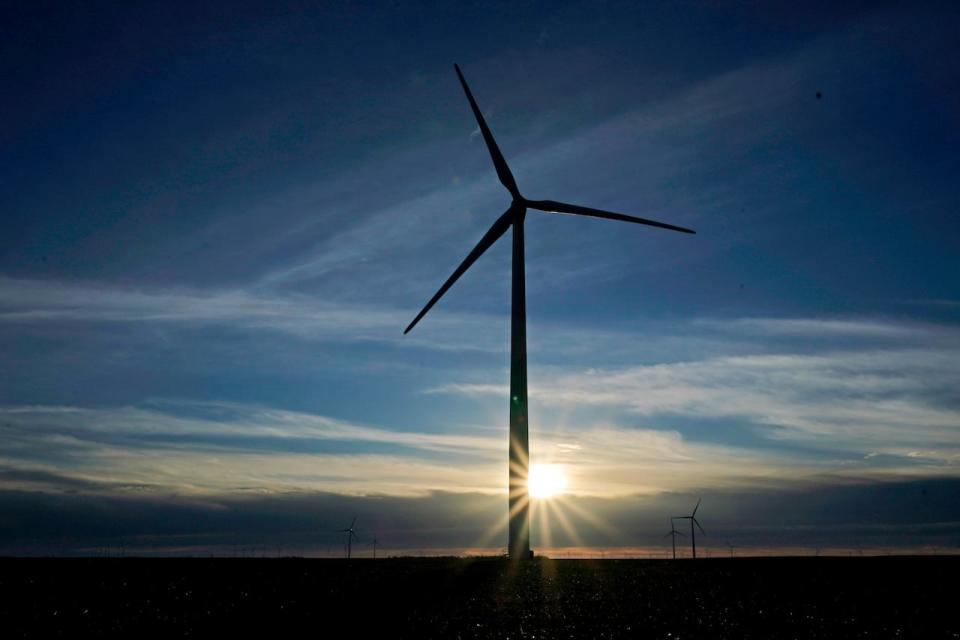Uncertainty continues as Alberta set to lift moratorium on renewable project approvals

It has been more than six months since the Alberta government introduced a moratorium on new renewable energy project approvals. But with only weeks to go until the pause is set to end, companies are still wondering about the fate of their projects.
In August, the United Conservative Party government announced that the Alberta Utilities Commission (AUC), the agency which evaluates and approves electricity generation projects, would hold an inquiry on land use and reclamation.
As the AUC did its work, officials paused power plant project approvals for wind, solar, geothermal, biomass and hydroelectric generators.
A number of farmers and rural municipalities welcomed the decision.
But members of the renewables sector said the pause caused a relative chill to settle in on the industry, leaving companies frustrated and uncertain if they would have to make major changes to their proposals.
"I can't see approvals rapidly moving forward without new regulations in place," said Jorden Dye, director of the Business Renewables Centre Canada.
The centre helps companies secure approvals. Dye said there is a reluctance to come forward with more ideas until there is some clarity.
"I can't see companies rushing to put in applications until they know what those regulations are going to be. So much of this is understanding what will be the new lay of the land."
It's estimated over a hundred projects, worth more than $33 billion, have been put on hold through the moratorium. Dye believes the moratorium was a "misstep" that was brought in without proper consultation.
'There's a certain craziness in all of this'

According to the International Energy Agency, government actions to rapidly boost clean energy and reduce fossil fuel use can create millions of jobs. (Jeff McIntosh/The Canadian Press)
The Peace Energy Cooperative is one of the groups that was nearing an approval just before the moratorium was introduced. It is planning a co-operatively owned and operated solar farm in the Peace River region.
It has maintained regular contact with the AUC through the pause, and continue to provide more information that will ideally allow it to gain approval once it lifts. But that cannot be guaranteed yet.
"There's a certain craziness in all of this," said executive director Don Pettit. "We're ready to launch as soon as the moratorium is lifted. But this delay and uncertainty have really been devastating."
Pathfinder Clean Energy (PACE) Canada is another company with projects waiting in the queue. Director of development Claude Mindorff is concerned they're being treated unfairly as an industry.
"There are things they could change that would be positive, but with the current UCP opinion that gas is the only way that we can create a reliable market, they're leading the witness, as it were."
Grant Arnold, the CEO of BluEarth Renewables, echoed that concern but is hopeful they will still have access to an open market once all is said and done.
"We don't want to see individual asset types like wind and solar penalized compared to other forms of generation or other industries," he said.
Last week, Premier Danielle Smith said she wanted Alberta to remain a leading destination for wind and solar investment in the country.
However, she said she wants the addition of renewables to the power grid done responsibly, suggesting that as new wind and solar is brought on, there needs to be a sufficient backup sources of power generation.
Natural gas is largest source of electricity generation in Alberta.
"As we continue to grow — and we're expecting our electricity need to double by 2050 — it does us no good to have unreliable, intermittent sources of power when we have such extremes in temperature in our province," Smith said.
"We have to make sure that reliability and affordability are No. 1. We can reduce emissions, too, but we have to make sure that we're doing it in a balanced way."

In this 2021 file photo, a wind turbine is silhouetted against the rising sun near Spearville, Kan. (Charlie Riedel/The Associated Press)
The AUC said it submitted its report to the Alberta government at the end of January. At this point, it will be up to the province to make decisions on amending laws that could apply to the projects, the commission said. The AUC will then advise applicants of next steps.
"The AUC is awaiting further policy direction," read a statement. "Depending upon the nature of the direction, the AUC may be able to implement changes by updating its rules. Other, more substantive changes may require amendments to the laws that govern power plants, and those changes must be made by the Alberta government."
Colin Smith, with the Peace Energy Cooperative, remains concerned about what could happen at the end of the moratorium and is holding out hope it doesn't set the industry further back.
"This is the energy transition that we need to happen. And the Alberta government is actively slowing it down and trying to disrupt it and trip it up," he said. "Good regulatory scrutiny is what we need to accelerate the transition, we just need it to be done in a thoughtful way."


